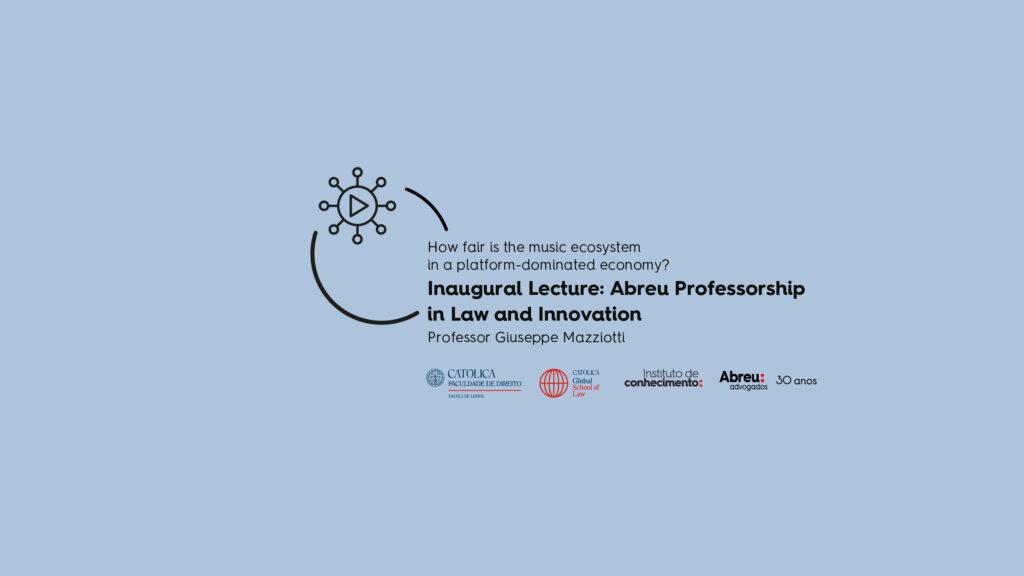16.08.2022
Practice Areas: Intellectual Property and Information Technology
Industries: Technology, Media & Telecommunications
Type: Articles
New Electronic Communications Law in Portugal
The Law No. 16/2022 of August 16 (Electronic Communications Law) was published today, transposing Directive (EU) 2018/1972, which establishes the European Electronic Communications Code (“EECC”).
The EECC corresponds to a complex package of European Union legislation, aimed at modernizing the telecommunications sector throughout the single market, in a transversal manner, in regulatory, security, competition and end-user protection matters, including the implementation of 5G technology.
According to the statement from the Council of Ministers, the approved law “simplifies the rules applicable to electronic communications, providing greater clarity and legal certainty in the scope of contracts for the provision of electronic communications services and emphasizing consumer protection, whether in terms of access to universal service, or in terms of rules for changing operators, or in terms of binding contracts”.
In terms of legislative substance, the Law establishes:
- the legal regime applicable to electronic communications networks and services, to related resources and services, to the management of the radio frequency spectrum and of numbering resources, as well as to certain aspects of terminal equipment;
- The competences of the National Regulatory Authority (“ARN”) and other competent authorities in these areas.
A significant change introduced by the approved law is the broadening of the definition of «electronic communications service» to a broader spectrum of service providers, including all services offered in general for remuneration through electronic communications networks, which includes, apart from services that provide or exercise editorial control over content transmitted over electronic communications networks and services, the following services:
- Internet access services;
- Interpersonal communications services;
- Services that consist wholly or mainly of the sending of signals, including transmission services used for the provision of machine-to-machine services and for broadcasting.
Thus, the definition of «electronic communications service» is broadened to include a range of activities typically carried out by instant messaging applications, electronic mail, Internet telephone calls and personal messages provided via social media.
In addition, this Law establishes the general authorization regime, imposing a communication duty, according to which companies intending to offer public electronic communications networks and publicly available electronic communications services must give prior notice to the ARN of the commencement of business. The Law develops and densifies the general conditions to which companies that offer electronic communications networks and services may be subject in their activity.
We also emphasize some of the aspects foreseen in this new diploma:
- It provides for new methods of cooperation aimed at increasing the overall quality of the service offering;
- Densifies the public consultation procedure;
- Densifies the legal regime foreseen for the administrative resolution of disputes among companies;
- Develops the cross-border dispute resolution procedure;
- Simplifies the legal regime for judicial supervision by providing that decisions, orders or other measures adopted by the ARN in the scope of administrative offence proceedings arising from the application of the legal regime for electronic communications may be appealed.
The applicable administrative offences and fines were also updated, as well as the accessory sanctions and compulsory fines. Cumulatively, an administrative default procedure was introduced.
This Law under consideration will come into effect on November 14 (90 days after its publication).
In short, the Law in question, especially directed at the telecommunications sector, is part of an effort to harmonize the rules applicable to European Union member states and to strengthen the internal market in order to create a digital single market.













































